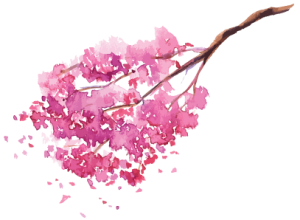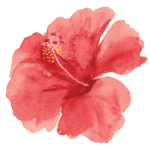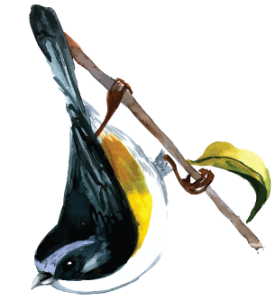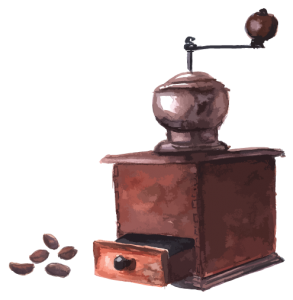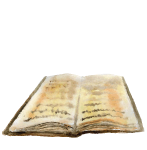Occasionally at a poetry reading I hear someone so surprising with language that I buy their book immediately to see how their poetry appears on the page. This happened to me recently at a poetry series called Sunset by the Bay held monthly at 333 Caledonia in Sausalito, California.
Four poets read that night with exuberance and performance flair, but the last reader was an unassuming short Jewish fellow with black curly hair and a breathy mesmerizing voice. He was not a performance poet, but a true wordsmith. Hugh Behm-Steinberg was reading from his book, The Opposite of Work.
So after buying his book, I found his signature style to be the spacing between phrases of words on the same line so it looks like this. Here are some lines from his poem, “Hopeful.”
Sure: could have a resume.
The sexiest resume on the face of the earth: could have
The life of feeling too, could be hopeful,
Could get better at shaking
the maracas imagine everyone in the crowd shaking
their maracas with their sexiest resumes tucked into
their vest pockets: I don’t do that anymore.
I need to do that some
more.
Much of his poetry stems from the dream world, from potent unconscious thought, yet he is able to construct these images in a way that makes sense to me. Here are some lines from the poem “Underwater.”
I lose my job I get a new job
laying ice tiles in the republic of snow. I forget I’m made
out of water, I have no papers I ruined my papers long ago-
But to keep my job
I have to forget there’s a crow in my mouth making plans.
The crow is drawn to water. I am bathing in your thoughts
she says, I’m adding fish to my diet she says.”
I love his subject matter: the world of work versus the world of creativity, when creativity isn’t your work or marketing isn’t your real skill. I don’t want to analyze much of Hugh’s poetry to replicate his tricks. I only want his images to trigger my dream world to shake some of the dust out of my unconscious mind. But perhaps the dust is water water I may drown in if it doesn’t get on the page.
